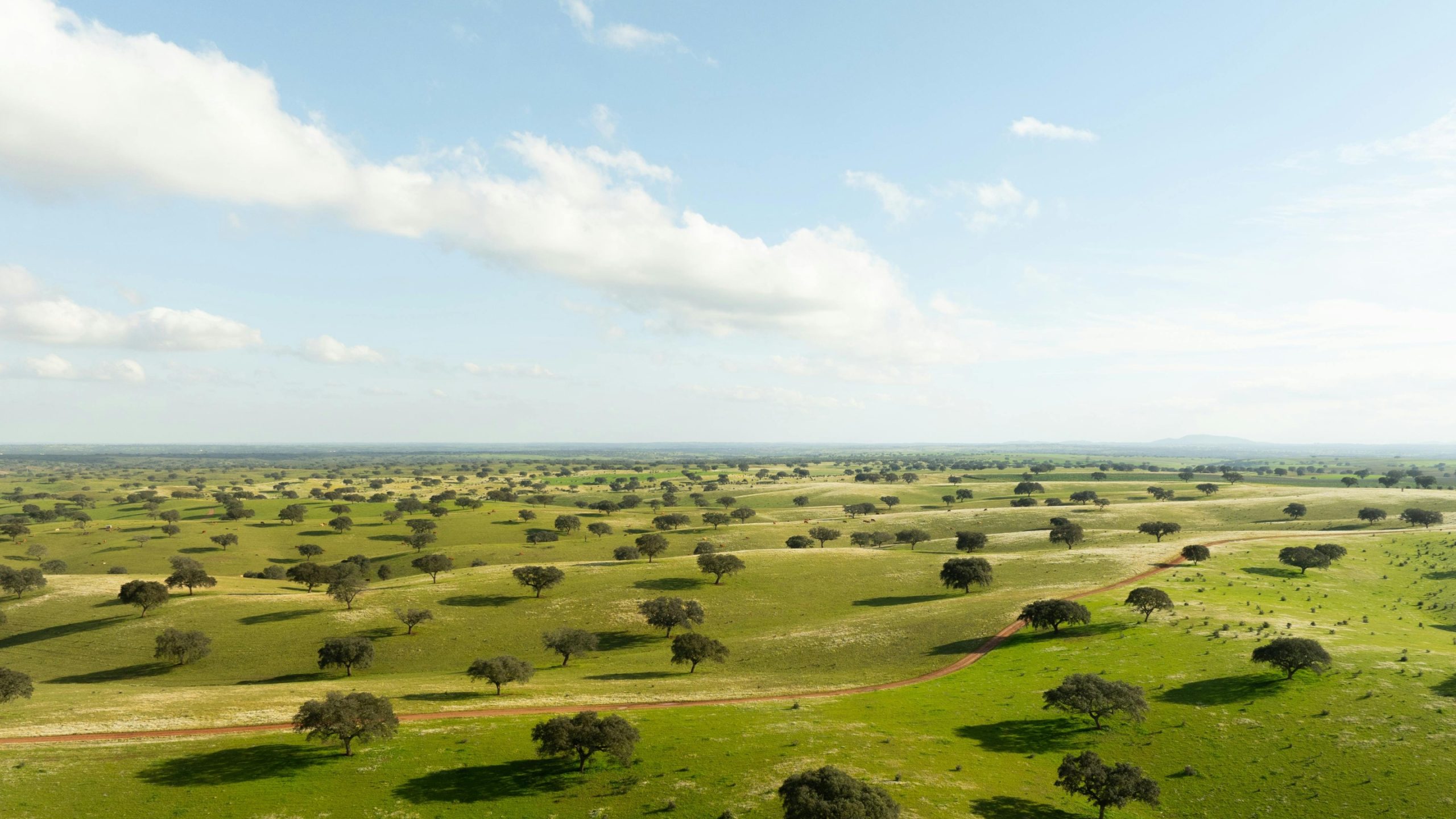On June 5, 2025, the Centre for Environmental and Marine Studies (CESAM) of the University of Aveiro joins the celebrations of World Environment Day, reinforcing its commitment to excellence in scientific research focused on environmental sustainability, ecosystem conservation, and the mitigation of global change.
This day, established by the United Nations in 1972, is an opportunity to highlight the urgent need to protect the planet by promoting public policies and practices grounded in solid scientific knowledge — a central mission of CESAM throughout its two decades of activity as an Associate Laboratory.
With an integrative and transdisciplinary approach, CESAM structures its research into three Thematic Lines and six Research Clusters that address critical areas of environmental and marine sustainability.
Among the many ongoing projects, today we highlight the following as representative of CESAM’s broad scope:
The FONDA project – Fostering Nitrogen Deposition Assessment – aims to strengthen national capacity in modelling and mapping emissions, transport, transformation, and deposition of reactive nitrogen compounds. This is achieved through strategic partnerships with TNO (Netherlands) and Freie Universität Berlin (Germany), positioning CESAM as a national reference in air quality modelling.
PASTURE+, a project that seeks to improve the sustainability and resilience of sown Mediterranean pastures through the use of biochar, aiming to optimise the interaction between soil, plants, and biota. This will increase pasture productivity and quality and enhance essential ecosystem services, such as water and carbon retention.
RESTORE4Cs, which analyses how the restoration of coastal wetlands contributes to climate change mitigation. One of its goals is to assess carbon storage potential, emissions reduction, and ecosystem benefits. The project develops methodologies to guide restoration actions based on ecological and socioeconomic data and creates decision-support tools to improve climate and biodiversity policies.
“Our scientific dynamism, articulated with the existence of structured transversal research lines, the drive and quality of our members, and the growing interaction with diverse stakeholders, enables CESAM to address contemporary environmental challenges in an integrated manner,” states Amadeu Soares, Director of CESAM. “Our work is aligned with society’s needs, contributing — even through fundamental research, as well as more targeted efforts — to the formulation of sustainable policies based on solid scientific evidence, with the goal of promoting environmental conservation and sustainable development,” concludes the Director of CESAM.
